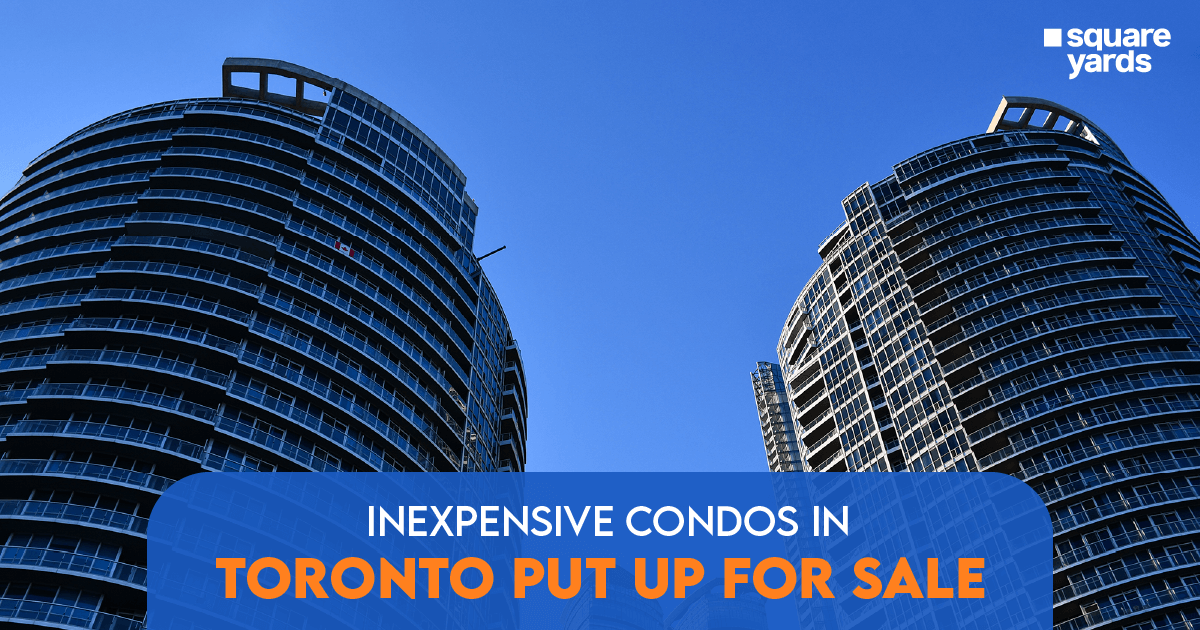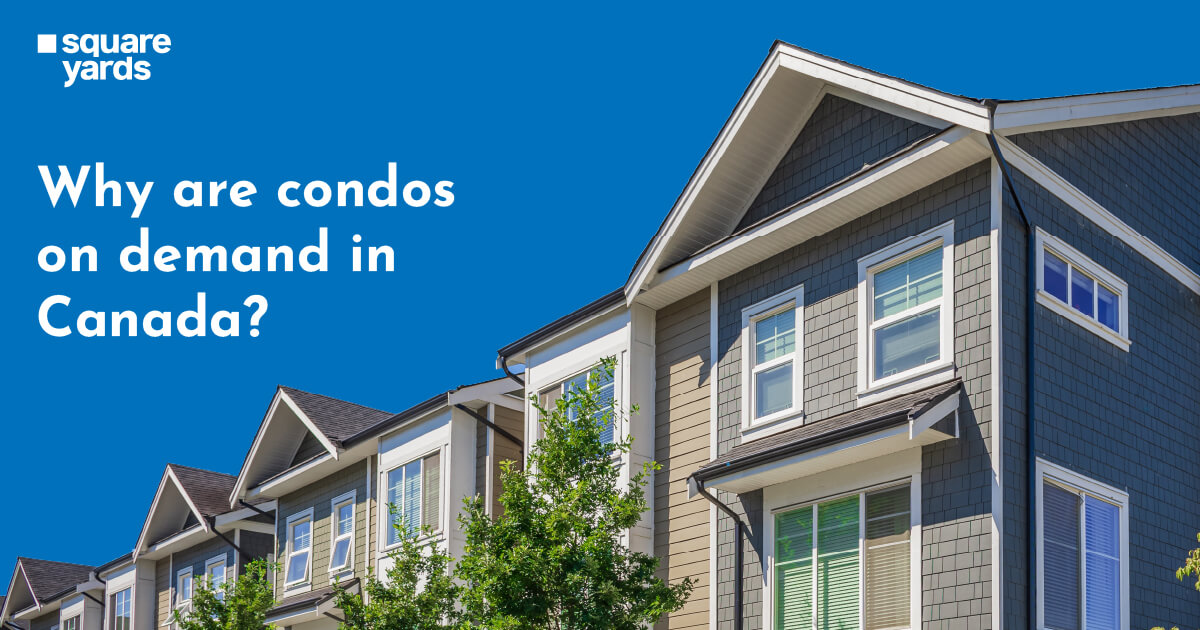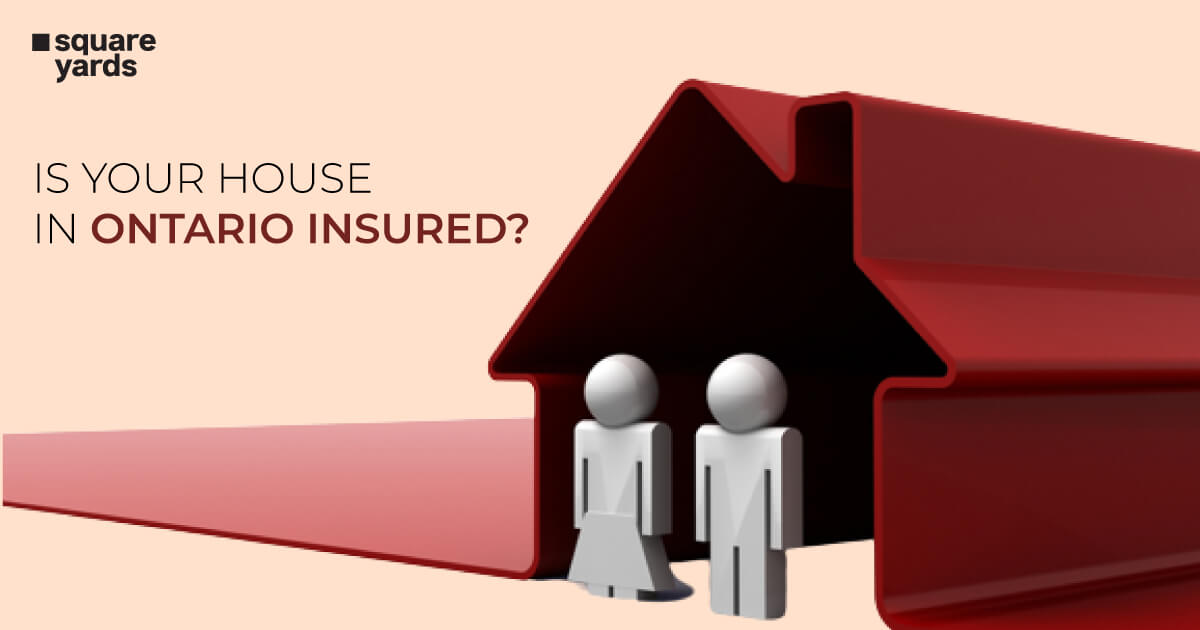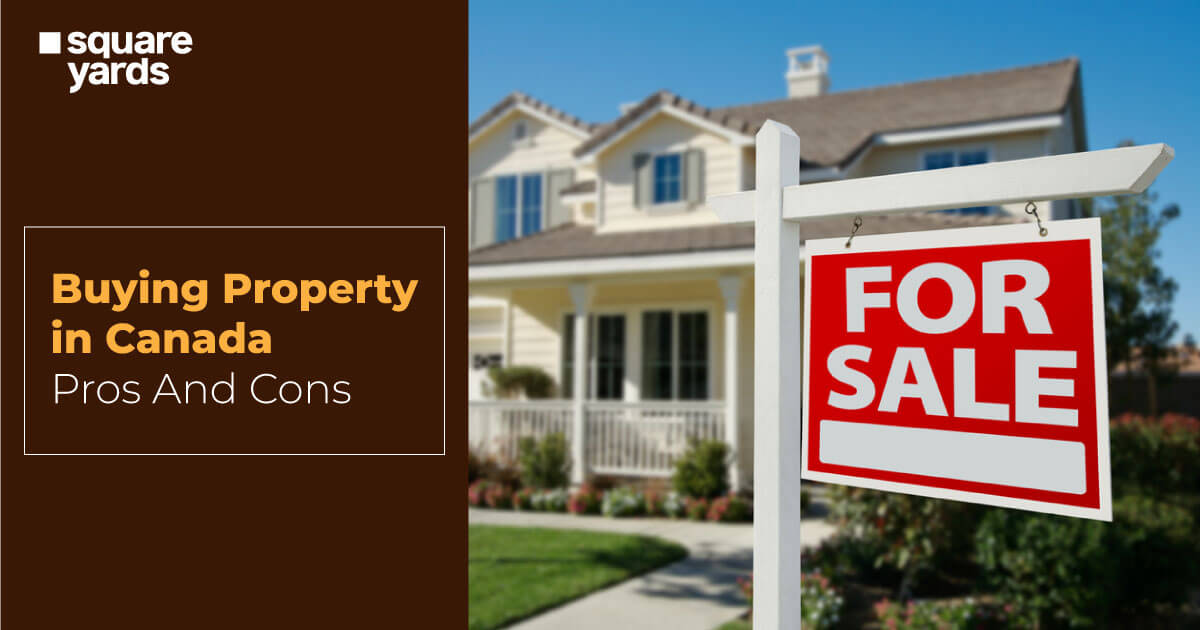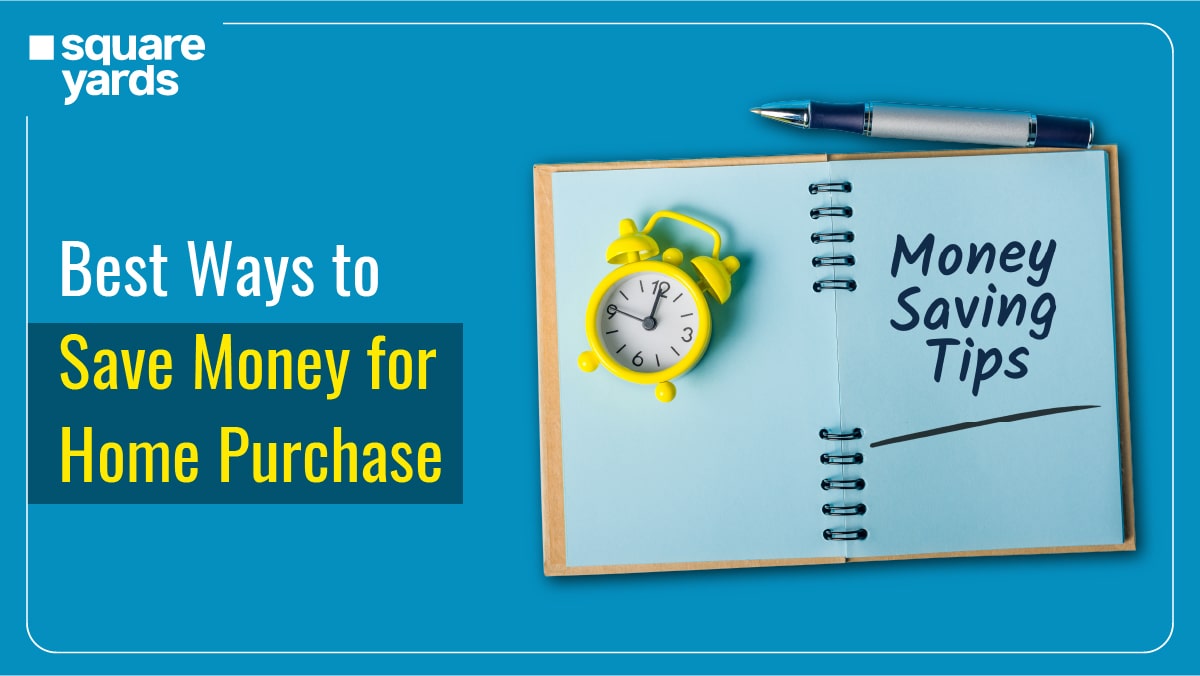When it comes to investing money, many Canadians prefer buying an investment property. It is an excellent option that can bring in income if you rent or resell it, the buying process for it, however, can be complicated.
But before you step into the buying process, it is important to understand the basics involved in it. In this post, we’ve discussed all you need to know about an investment property in Canada real estate, its types, and more. Our guide will help you make a better property selection and realize whether you’re ready for such an investment.
Without wasting any more time, let’s get started.
What is an Investment Property?
An investment property is a property type purchased with the purpose of earning an ROI. This return on investment can either be in the form of monthly rentals, future resale, or both. It can be owned by an individual, a group of investors, or a business enterprise.
It is also referred to as a second home by those who already own a primary residence. For instance, a family may purchase a cottage or other vacation property to use themselves, or someone with a primary home in the city may purchase a second property in the country as a retreat for weekends. In these cases, the second property is for personal use—not as an income property.
Types of Investment Properties to Know About
It is important for you to choose an investment property that fits your budget and requirements. To make the right choice, you first need to know the types of investment properties available which include:
Residential Property
This is the most common investment property type. Purchasing a residential property allows an investor to rent out the property to tenants and collect monthly payments from them. Residential properties can be anything from single-family homes and apartments to condos, townhouses, or other kinds of residential properties.
Commercial Property
A lot of investors prefer choosing commercial properties as well. Although the cost of repair and maintenance is higher in this property type, it is an incredible option from a business point of view. It tends to bring in higher rents and returns. Commercial property also known as income-generating properties can be anything from an apartment building to a retail store.
Mixed-Use Property
A mixed-use property is a combination of residential and commercial property. These properties can be used for both purposes. For example, a building may appear as a retail store like a bar, restaurant, or convenience store and have residential units in the upper portions.
Off-Plan Properties
Off-plan property is a property that is still in the development or planning stage. You invest in it because of the potential capital growth attached to it. Compared to newly built or already established properties, these are available at lower costs.
Refurbished Property
Historical or Old Properties that are revamped or refurbished fall under this category. They are redesigned to meet modern-day requirements and are a popular choice amongst investors who like buildings with character and a touch of intrigue.
Know If You Are Ready to Buy an Investment Property
The buying process for an investment property is a lot different from that of a normal property. So, before taking any other step on real estate investing in Canada, you need to meet the following criteria:
Financial Stability
Purchasing an investment property requires you to have greater financial stability than a primary home. Mortgage lenders look for investors who can pay at least a 15 percent down payment for investment properties. This percentage is not required when buying your first house. Along with the high down payment requirement, investment property owners also require getting their property inspected in varied states.
One needs to have enough budget that can cover the initial costs of the property such as inspection, down payment, closing cost as well as repair & maintenance. Repairs are highly essential as the tenants expect you to have it all done without them asking for it. It is also a matter of trust and responsibility. Make sure you win their trust from the beginning itself and taking care of repairs is the best way to do so.
There are a lot more expenses attached to an investment property before and after the tenant moves in. This includes marketing and credit checks that allow you to take in the best possible tenants. Good tenants can be an asset for your investment property, bad tenants on the other hand can leave a hole in your pocket.
ROI (Return on Investment)
In today’s market, investors often witness a positive cash flow with their properties (investment). The experienced ones calculate an approx. ROI before buying a property. They use the following steps for the same:
-
Assess Annual Rental Income
Look for properties that are similar and up for rent. Decide an average rent for the kind of property you want and then multiply that amount by 12 to determine a year’s income.
-
Calculation of Net Operating Income
First, estimate your yearly potential rental income and then calculate the net operating income. When you subtract your annual operating expenses from your annual rental estimate, you will get your net operating income. To calculate your annual operating expenses, you only need to add up all the money that you spend for property maintenance every year. It also includes other expenses such as property tax, home association fees, and more. Interest or Mortgage are not included in net operating expenses.
-
Determine your ROI
Divide your net operating income by the overall mortgage value to determine your ROI (Return on Investment). For instance, let’s assume you purchase a property worth $300,000 that you can rent out for $1,500 a month. To calculate your potential income, multiply 1,500 with 12 and you will get a total of $18,000.
Assuming the property tax is $600, the annual operating expense would be $7,200. Now, subtract the operating expenses from the overall potential rent: $18,000-$7,200 = $10,800 (net operating income). Then, divide the net operating income by overall value mortgage value to get the ROI percentage.
Do you Have the Time to Manage the Property?
Management of an investment property is a time-consuming process. You need to spend money on advertising, interact with potential tenants and check the backgrounds of potential tenants to make sure you choose reliable people. Your responsibility also includes performing regular inspections and making repairs from time to time in case anything goes wrong. Additionally, you need to ensure the tenant’s “right to privacy” is not violated.
An investment property will take up a lot of your time. Your schedule will be packed on some days, so ensure you have plenty of time to maintain the property.
Investment Property Mortgages in Canada
Don’t know anything about investment property mortgages in Canada? Don’t worry, we’re here to help.
When you start looking for an investment property, you first need to take the number of units (in the building) into consideration. Most buildings have one to four units (zoned residential) which makes the buying process like that of a principal residence.
Buildings with five or more units are zoned commercial. This means that the lender requires you to apply for a commercial mortgage. This type of mortgage has difficult qualification criteria and higher interest rates.
In the case of a multi-unit property, you need to consider whether you (the owner) will be living in one of the units. If you are planning to live in one of them, the property will be termed as ‘owner occupied’. However, if you do not intend to live in any unit & simply want to rent them out, the property will be termed as “non-owner-occupied”.
Both properties require you to pay a different:
- Down Payment
- MAP (Maximum Amortization Period)
- Mortgage Default Insurance
Down Payment and Maximum Loan to Value
Canadians have been paying 20% down payment on nonowner-occupied investment properties since 2010. Look at the below-mentioned chart to learn about the minimum down payment that both non-owners and owners require paying:
| No. of Units | Owner/Non-Owner Occupied | Down Payment (In Percentage) | Maximum Loan to Value |
| 1 to 2 | Owner Occupied | 5% | 95% |
| 1 to 2 | Non-Owner Occupied | 20% | 80% |
| 3 to 4 | Owner Occupied | 10% | 90% |
| 3 to 4 | Owner Occupied | 20% | 80% |
As the table depicts, a non-owner-occupied investment property requires you to pay a minimum of 20% down payment. But if you will be living in one of the units, the down payment will decrease to 5-10%, as per the overall property units.
Since February 2016 if the buying price is more than $500,000, the minimum down payment for owner properties is 5% of the first $500,000 and 10% of any amount more than $500,000.
Latest Housing Market Trends
Make sure you select a property that increases in value over time. Given the huge number of areas, finding such a property can be a task. You need a lot of experience and understanding to determine which place will turn out fruitful in the future.
For beginners, keeping an eye on the latest market indicators is essential. It allows you to compare different rental trends and prices of previously bought properties in a specific area.
Don’t forget, purchasing a property isn’t an investment that you can make every day. Take your time to research and monitor the latest trends to find the ideal area before applying for a loan.
Buying an Invested Property with a Partner
Buying a property with a partner seems like an amazing idea. You can split not just the total costs but also the maintenance fee and repair costs. It means you’re not solely responsible to take care of the property or the matters related to it.
Getting a property with a partner also means sharing profits and legal liabilities with someone.
Let’s understand this with an example – your tenants are facing a pest problem and inform your partner about it. If the partner does not resolve the issue as per the promised timeframe, the tenants have the right to sue both you and your partner for it. Legally, you are both responsible for ensuring a positive and non-problematic environment for the tenants.
Bear in mind that if your partner does something wrong and you’ve split the cost of the property equally, you are both the equal and legal owners of the property. So, make sure you select a reliable person who is also proactive when it comes to property management and maintenance. You don’t want to be the only one taking responsibility for it.
What About Property Taxes? How Much Will They Be?
These are the taxes that are paid by homeowners to support their local communities and government. These taxes help fund various departments including fire departments, public libraries, schools, and local projects. What you pay in property taxes is directly related to the value of your property. If your property is worth a large sum, you will pay more tax and vice versa.
Property taxes are set by local governments. Thus, the amount of your property tax depends on your property’s location. You can even talk to a professional real estate agent or mortgage broker, and they’ll help you calculate how much property tax you’d require paying. Remember, they can only give you an estimate and the actual amount may vary because all homeowners qualify for different exemption levels.
Is Hiring a Property Management Company a Good Idea?
If you don’t think you can manage your property repairs on your own, you can hire a property management company for it. They will manage the maintenance daily and make sure the existing or potential tenants have no complaints about it.
As professionals, property management companies accept repair calls of all kinds whether scheduled or emergency. Once you hire them, they keep a regular check on your property & schedule visits to make sure your tenants are also treating your property with respect. Some even collect rent on your behalf. They handle everything from tenant placement to the eviction process, given you pay an additional fee for such services. If you do not live near the property or don’t have any repairing skills, hiring expert property managers is the best choice for you.
How to Apply for an Investment Property Loan?
The process of applying for an investment property mortgage is different from that of applying for a loan or mortgage for a personal home.
Down Payments and Other Requirements
Down Payments
If you have a mortgage on your personal home, you may already know that mortgage lenders don’t ask for a 20% down payment anymore. Lenders are stricter with loans when it comes to investment properties as the risk attached to these properties is higher.
Fixed-Rate Mortgage for a one-unit investment property generally requires a minimum of 15% down payment with a credit score of 620 or more.
Pre-Approval
Getting a preapproval for a mortgage before searching for homes is a must. It helps you know whether you can afford the home or not. You can apply for a pre-approval online, there are many websites available.
There is a difference between preapproval and prequalification. The latter tells you the amount you are eligible for. The former on the other hand requires you to share your financial information to provide you with a customized mortgage solution. We recommend choosing pre-approval whenever you start your hunt for a lender. A prequalification usually looks at your credit score along with your estimated income and assets. But a pre-approval requires you to submit a hard copy of your credit report, assets, and income.
To Conclude
We hope you got all the information about investment properties in real estate investing. The key is to assess your financial stability, research properties in your area, and make time to manage the property. You also need to carefully examine the latest market trends to learn about property taxes and the scope of profit.
Stay tuned for more such posts on Canadian real estate. Let us know if you have any suggestions or queries, we’d love to address them. Meanwhile, please take a look at some of the most commonly asked questions related to investment property for further clarity.
Frequently Asked Questions
Yes, buying investment property in Canada is possible. It is one of the most popular options chosen by residents to invest money and make greater profits.
Yes, a foreigner can invest or buy a property in Canada and even give it on rent if they pay timely taxes for it. In Canada, gross rent of 25% is withheld for taxes for non-residents who are collecting rent.
In general, you’ll need a rather large down payment to purchase an investment property. Down payments of at least 20% are typically required, and 25% is most common. An investment property requires you to pay a large down payment. You will require paying a minimum down payment of between 20% and 25%.
Applying for a mortgage requires you to submit basic personal information. This may include at least two years of tax returns, 2 months of bank statements, 2 years of W-2s as proof that you have enough money to cover payments.
Yes, it is possible for you to buy an investment property without any money. You can tap into your primary home’s equity if you do not have any cash on hand.



